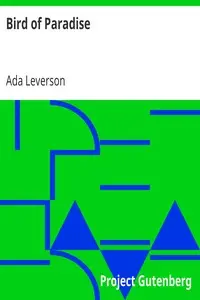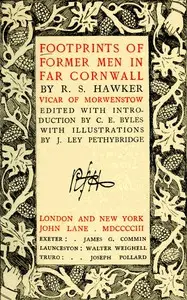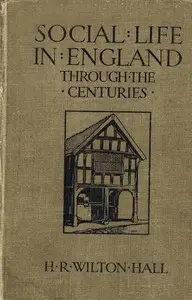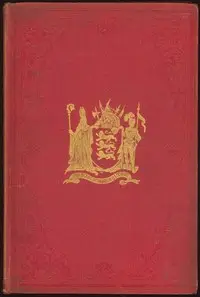"Selections from the Observator" by Sir Roger L'Estrange is a collection of political writings that captures the essence of late 17th-century journalism. Written during the Restoration period, it serves as a reflection of the turbulent political climate in England and showcases L'Estrange's role as a staunch Royalist and critic of dissent. The work primarily addresses the political controversies of its time, particularly the issues surrounding the Whigs, Dissenters, and the aftereffects of the Popish Plot. The opening of the text introduces the reader to the context and objectives of the "Observator." L'Estrange presents himself as the author who aims to clarify the misinformation and malignity spread by various factions in society, particularly targeting Dissenters and opponents of the monarchy. The dialogue format used allows for an engaging exploration of conflicting opinions and fosters a satirical discussion of contemporary issues such as religion, governance, and civil unrest. Through this structure, L'Estrange not only seeks to defend the monarchy but also to engage the public in a discourse that probes the sincerity and motives behind political opposition in his era. (This is an automatically generated summary.)
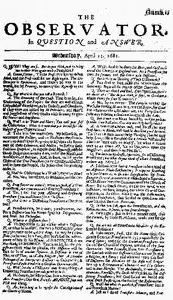
Selections from the Observator (1681-1687)
By Roger L'Estrange
"Selections from the Observator" by Sir Roger L'Estrange is a collection of political writings that captures the essence of late 17th-century journali...
Sir Roger L'Estrange was an English pamphleteer, author, courtier and press censor. Throughout his life L'Estrange was frequently mired in controversy and acted as a staunch ideological defender of King Charles II's regime during the Restoration era. His works played a key role in the emergence of a distinct 'Tory' bloc during the Exclusion Crisis of 1679–81. Perhaps his best known polemical pamphlet was An Account of the Growth of Knavery, which ruthlessly attacked the parliamentary opposition to Charles II and his successor James, Duke of York, placing them as fanatics who misused contemporary popular anti-Catholic sentiment to attack the Restoration court and the existing social order in order to pursue their own political ends. Following the Exclusion Crisis and the failure of the nascent Whig faction to disinherit James, Duke of York in favour of Charles II's illegitimate son James, 1st Duke of Monmouth, L'Estrange used his newspaper The Observator to harangue his opponents and act as a voice for a popular provincial Toryism during the 'Tory Reaction' of 1681–85. Despite serving as an MP from 1685 to 1689 his stock fell under James II's reign as his staunch hostility to religious nonconformism conflicted with James's goals of religious tolerance for both Catholics and Nonconformists. The Glorious Revolution of 1688 and the collapse of the Restoration political order heralded the end of L'Estrange's career in public life, although his greatest translation work, that of Aesop's Fables, saw publication in 1692.




